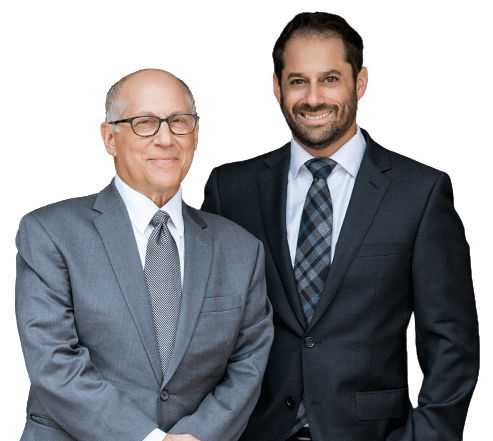Ridesharing platforms are more popular than ever. Businesses like Lyft and Uber carry passengers to and from all sorts of destinations, including work, school, and social gatherings. With drivers for these companies accumulating significant mileage, they’re at a significant risk of being involved in an accident.
What happens if you’re injured in a wreck caused by a Lyft or Uber driver? Who can you sue and what can you recover? Those are excellent questions that we hope to address here.
Who can you sue after a ridesharing accident?
The answer to this question is going to depend on the circumstances surrounding your accident. If the driver was not utilizing the ridesharing app and was not transporting or on their way to transport passengers, then you’ll likely be stuck suing the driver in their individual capacity. This could limit your ability to recover the compensation that you need. That could change, though, if the driver in question is considered an employee rather than an independent contractor.
If, on the other hand, the driver was transporting rideshare customers at the time of the accident, or you were a passenger in the rideshare vehicle at the time of the wreck, then you’ll be better positioned to tap into the rideshare company’s insurance policy. These financial resources may better help you offset the losses you’ve experienced.
What can you recover from your claim?
If you’re successful on your rideshare accident claim, then you might be able to recover compensation for your medical expenses, lost wages, and pain and suffering. But you’ll have to present evidence of these damages if you want to recover them, otherwise you could miss out on what you’re owed.
So, as you prepare to move forward with your personal injury case, you need to diligently gather evidence, anticipate defense arguments, and apply the law to maximize your chances of winning and recovering the compensation you need. Hopefully then you’ll be able to focus on your recovery and reclaiming the life that was unfairly taken from you.

